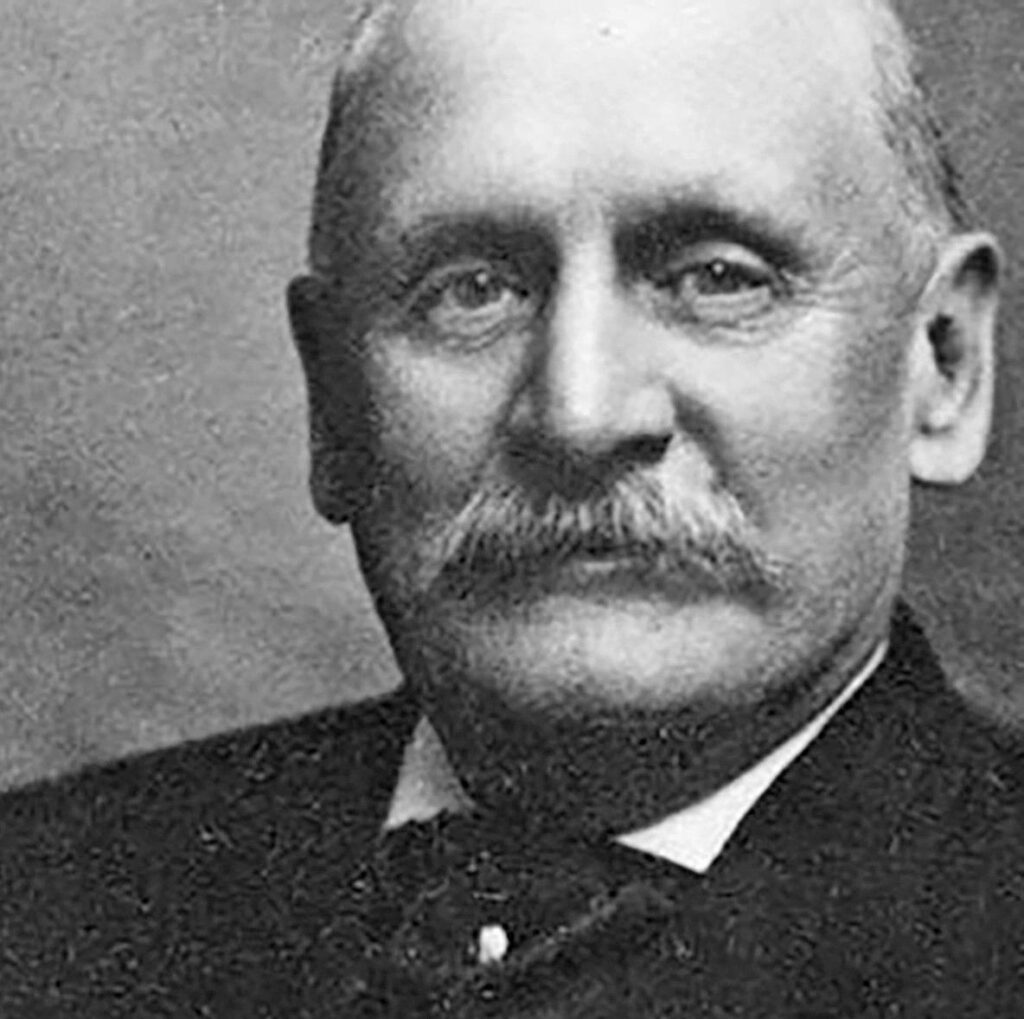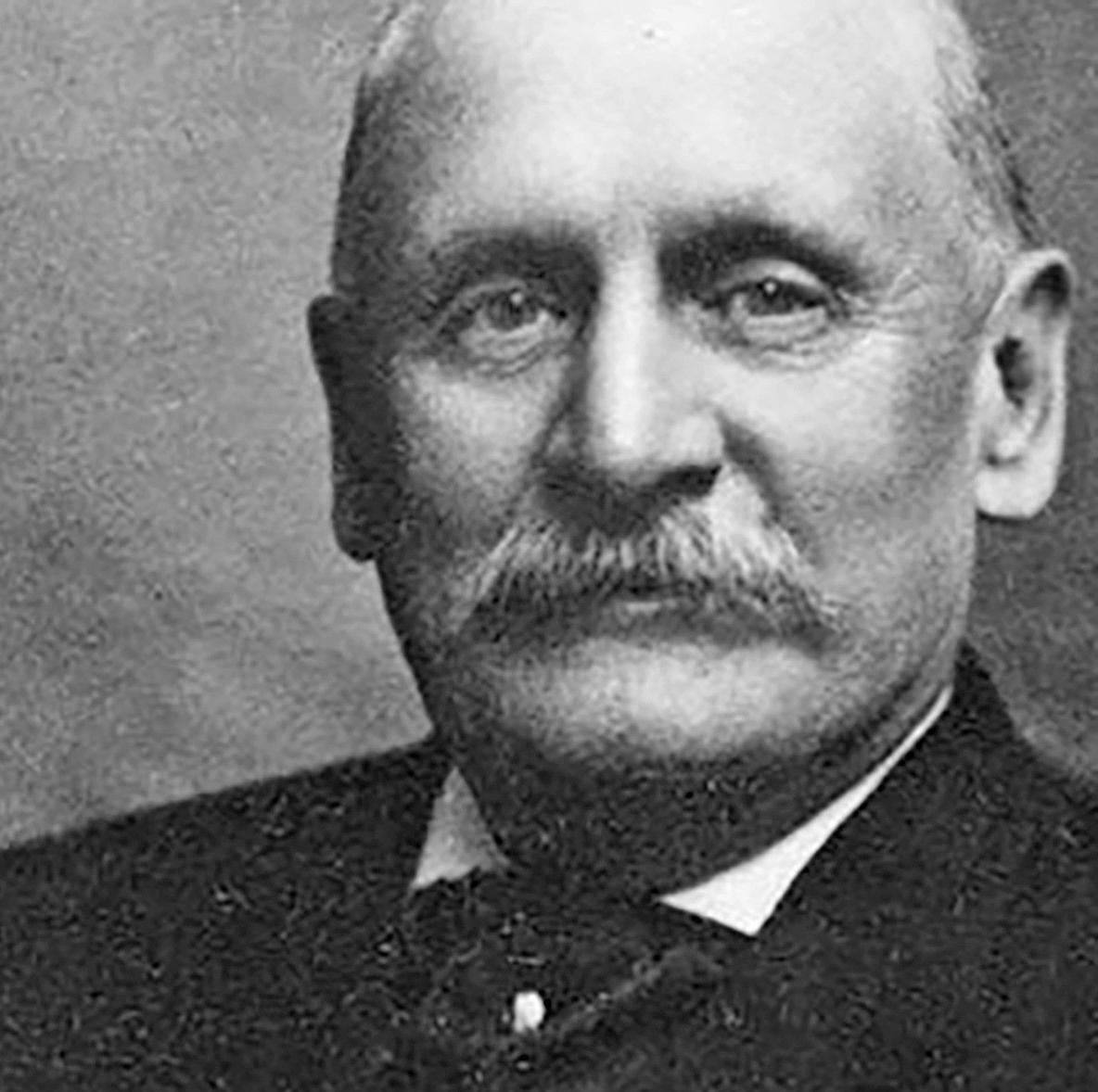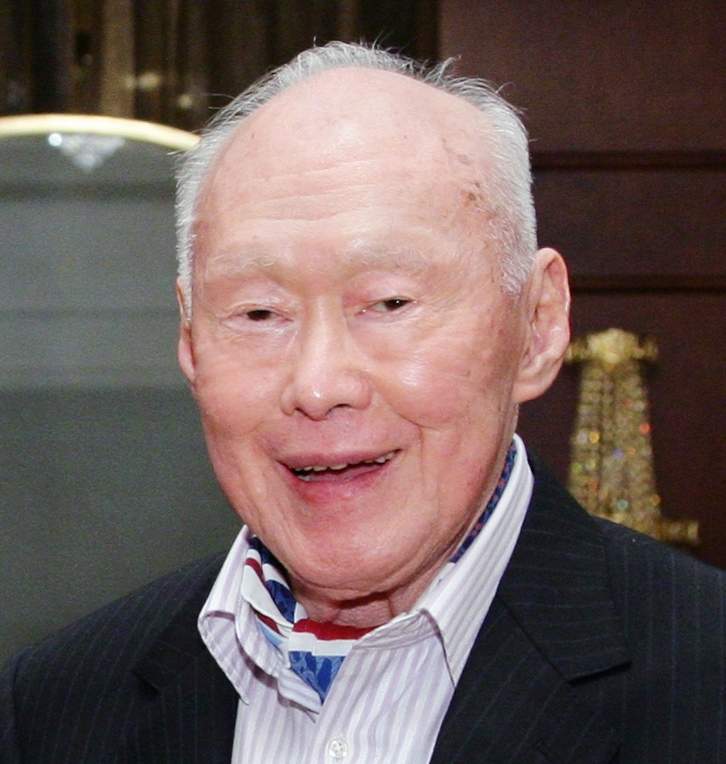William Cargill, the founder of Cargill, one of the world’s largest privately-held agricultural and agritech companies, is a quintessential example of entrepreneurial vision, resilience, and leadership. Starting from humble roots in the mid-1800s, Cargill’s journey is a testament to the power of hard work, foresight, and the relentless pursuit of opportunity. His legacy continues to shape the global agricultural industry, influencing millions of lives worldwide.
Early Life and Humble Beginnings
Born in 1844 in Ohio, William Cargill grew up in a family of modest means. His early life did not suggest the path to becoming a business mogul, but it provided him with a strong work ethic and the values of perseverance. As a young man, he worked in various roles in the agricultural sector, learning about grain trading and the challenges farmers faced in getting their products to market. Cargill’s experience in the agricultural trade began with a job at a local grain elevator, where he started to see the inefficiencies and opportunities that existed in the supply chain.

In 1865, at the age of 21, Cargill ventured into business on his own. He purchased a small grain elevator in Conover, Ohio, marking the beginning of what would eventually become a global empire. This was not a decision made in haste; Cargill had carefully observed the needs of farmers and the opportunities for improvement in grain handling. His insight into agricultural logistics, especially the transportation and storage of grain, became a cornerstone of his business.
The Growth of Cargill
Cargill’s big break came when he expanded his grain business by purchasing additional elevators and consolidating small local operations. He capitalized on the railroad network, which was crucial for transporting grain over long distances, and began trading grain across the United States. The timing was key—this was an era of expansion for the railroad system, and Cargill was able to leverage it to build relationships with farmers and traders alike.
In 1875, Cargill took the bold step of establishing a company under his name, “William Cargill & Company.” He continued to expand the business, moving beyond grain to other agricultural products, including meat and oil. By the time of his death in 1909, the company had grown significantly, operating in various sectors of agriculture and laying the groundwork for what would become Cargill, Inc.
Today, Cargill is a global giant, with operations in over 70 countries, involved in everything from grain trading to meatpacking, poultry, and even the development of cutting-edge agritech solutions. What began as a small grain elevator in Ohio has grown into a multinational corporation that touches nearly every part of the global food chain.
Leadership Qualities That Made Cargill a Success
William Cargill’s leadership qualities were integral to his success. He exemplified several characteristics that would become the foundation of his company’s enduring legacy:
- Vision and Strategic Thinking: One of Cargill’s most significant leadership qualities was his ability to see beyond the immediate. He didn’t just react to the present-day opportunities—he identified and seized future ones. This long-term thinking helped him grow his business in a way that was not just about meeting immediate demand but about building a sustainable infrastructure for years to come. His ability to foresee the potential in the agricultural supply chain, from transportation to storage to international trade, set him apart from others in the industry.
- Adaptability and Innovation: Cargill wasn’t afraid to adapt his business strategy in response to changing market conditions. His willingness to innovate was pivotal to the company’s growth. Whether it was through investment in new technologies or adapting to shifts in agricultural practices, Cargill’s ability to innovate allowed his company to stay relevant as the world changed.
- Relationship-Building and Trust: Cargill’s success was also rooted in his exceptional ability to build trust and maintain strong relationships with farmers, traders, and other stakeholders. He understood that the agricultural business was as much about relationships as it was about products. His commitment to fairness and integrity earned him the loyalty of those he worked with, and this sense of trust became a cornerstone of the company’s culture.
- Perseverance and Resilience: Throughout his career, Cargill faced many challenges—economic recessions, competition, and even personal setbacks. However, his perseverance in the face of adversity allowed him to push through difficult times. His resilience was a key driver behind the company’s ability to expand and weather various challenges over the decades.
Legacy and Continued Impact
William Cargill passed away in 1909, but his vision for the company and his innovative spirit have lived on through generations of leadership at Cargill. Today, the company is still family-owned, and it continues to be a global leader in the agricultural sector, embracing new technologies and innovations in agritech to meet the growing demands of the modern world.
Cargill’s legacy is one of leadership, integrity, and vision. From a young grain trader with modest beginnings to the founder of a global agricultural empire, William Cargill’s story is an enduring example of how one man’s leadership and determination shaped an entire industry. His emphasis on relationships, adaptability, and long-term thinking set the stage for the continued success of his company, ensuring that his influence remains strong in the agricultural world to this day.














Leave a Reply